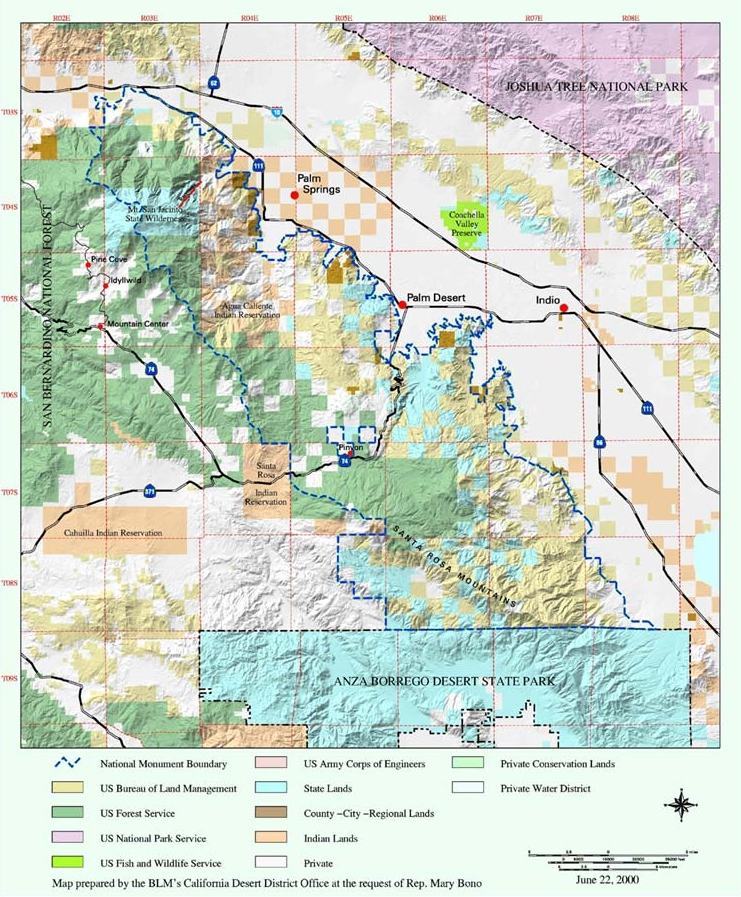BCL
Engineer
It sounds like it came down to whether or not they (as a Class III tourist railroad) were a "public utility" in the eyes of the California Public Utilities Commission. They tried to use their status as a Class III railroad previously but they then tried to acquire about 20 acres to build a loading area and were denied by a judge. But it sounds like the two properties they bought in 2021 were from willing sellers, although they did hold eminent domain in their back pocket.
This was from last year where a judge officially ruled that they weren't a public utility.
They're asking for the judge to reconsider. They're trying to get the judge to consider them to be a common carrier on the basis that they might be able to transport freight, but I'm thinking that they're not going to be able to overcome that they're trying to build this property to build facilities for their tourist railroad operations only.
Mendocino Railway, which owns and operates the Skunk Train, succeeded in taking two properties in Fort Bragg through eminent domain this fall using its status as a Class III railroad — the 272-acre Georgia-Pacific mill site for over a million and another property adjacent to its rail operations for $155,000. Georgia-Pacific itself approached the railway company about completing the transaction for the beachfront property, said Robert Pinoli, CEO of Mendocino Railway. A Georgia-Pacific representative wasn’t immediately available for comment.
As far as the other eminent domain case, the owner was happy with the transaction because the property, which abuts the railroad tracks, had become a site of drug use and homeless encampments. The single-family house on the property had also burnt down. Pinoli said the company has fully remediated the area where the house was destroyed since taking over the land in February. “The city, for nearly a decade, had done nothing about it,” Pinoli said. “They could’ve taken the property, but literally the problems would spill over the hillside onto the railroad’s property so the city actually encouraged us to take that property.”
This was from last year where a judge officially ruled that they weren't a public utility.
In her decision this week, Nadel wrote, “The central issue in this case is whether MR (Mendocino Railway) can be deemed a public utility for purposes of this eminent domain proceeding.” A railroad corporation that is a public utility does have the right to claim private property for public benefit, if it can fairly compensate the property owner.
Nadel mentioned several times that 90% of Mendocino Railway’s revenue comes from its tourism offerings. She wrote, “The court can easily find that MR’s primary objective is to obtain the property to serve the excursion service. No explanation was offered to distinguish the private operations from the “proposed” freight and passenger enhancements,” which could have qualified the railway as a public utility.
But the Skunk Train doesn’t offer transportation, according to the legal definition of the term. Nadel noted that previous court decisions have defined transportation, “in the public utility context,” as taking people from one place to another. The Skunk Train is only able to take passengers on round trips, due to a tunnel collapse on the line between Willits and Fort Bragg. And it’s not able to connect to any line outside of Mendocino County. Last year, the Surface Transportation Board authorized the Great Redwood Trail Agency to turn the line between Willits and Eureka into a trail. The last time any freight car left the county by train was the day before Thanksgiving, 1998.
They're asking for the judge to reconsider. They're trying to get the judge to consider them to be a common carrier on the basis that they might be able to transport freight, but I'm thinking that they're not going to be able to overcome that they're trying to build this property to build facilities for their tourist railroad operations only.
Nadel also noted the absence of freight and passenger service beyond the nonqualifying excursion runs. She also said that the railroad’s initial plans for the Meyer property were meant to benefit the private business of the company, not the public good.
Meyer said he was worried about the new motions because it means more proceedings and lawyers fees, as well as delays before the matter is finalized.
Though Nadel’s final judgment entitled him to recover an estimated $250,000 in legal expenses incurred over what so-far is 2½ years of litigation, the case now “could drag on for who knows how long,” Meyer said.




